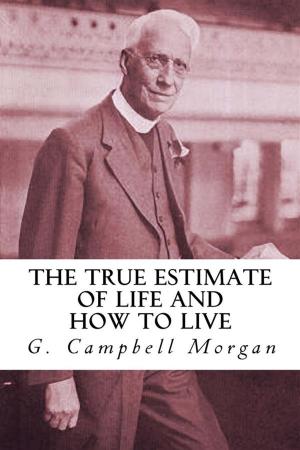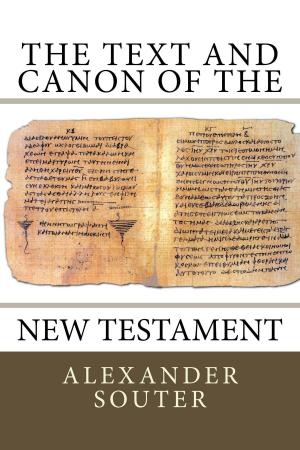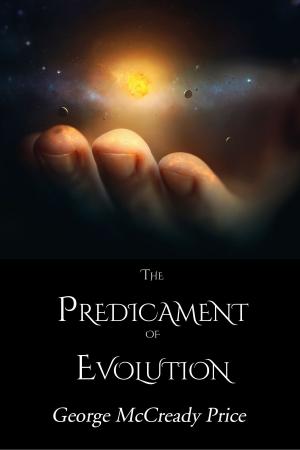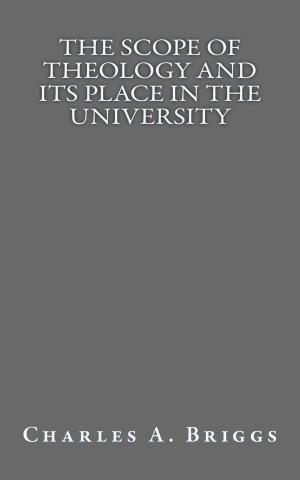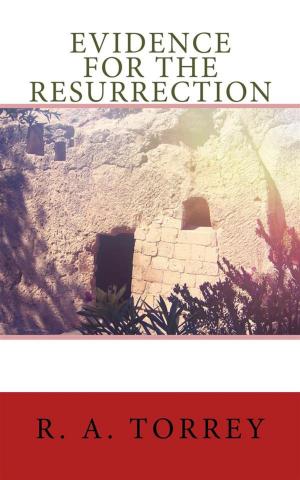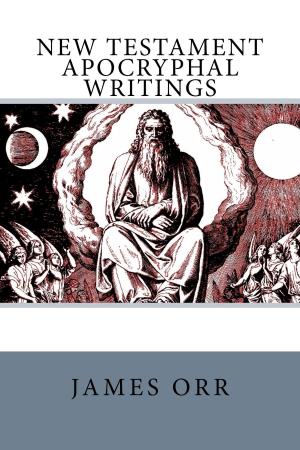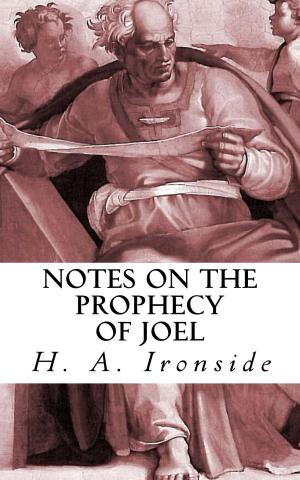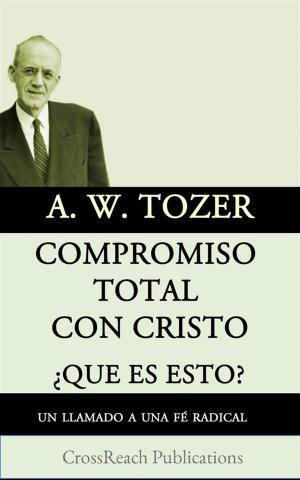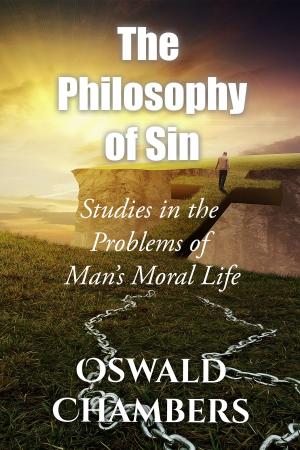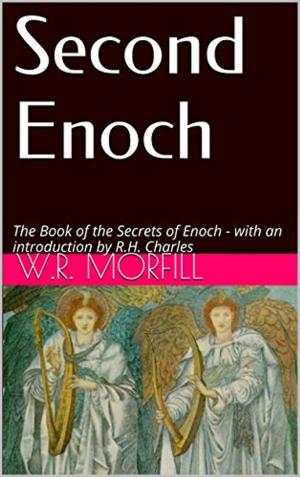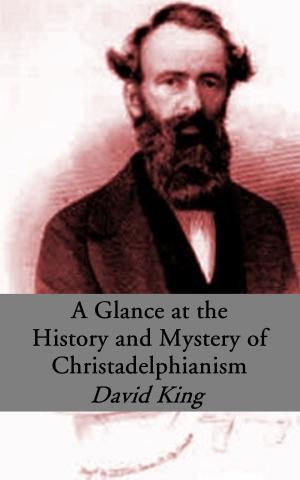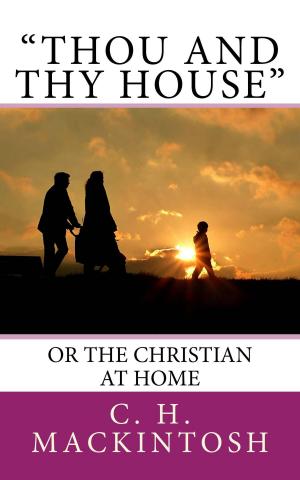The Teaching of the New Testament on Divorce
Nonfiction, Family & Relationships, Relationships, Marriage, Religion & Spirituality, Christianity, Christian Life| Author: | R. H. Charles | ISBN: | 1230001930009 |
| Publisher: | CrossReach Publications | Publication: | September 24, 2017 |
| Imprint: | Language: | English |
| Author: | R. H. Charles |
| ISBN: | 1230001930009 |
| Publisher: | CrossReach Publications |
| Publication: | September 24, 2017 |
| Imprint: | |
| Language: | English |
The question of divorce is one of the most practical and yet most stormy questions in the religious world of to-day. It is now being taught in many places that marriage is wholly indissoluble, however flagrant may be the guilt of the husband or wife, and that consequently, should a man divorce his wife or a wife her husband on the ground of adultery and marry again, such a person is guilty of breaking an unquestionable law of Christ, and excludes himself or herself thereby from the Communion of the faithful. As for these three statements, I hope to prove that they are mere human traditions based on a complete misinterpretation of Christ’s teaching, and without an atom of authority in the Gospels.
The Jewish Law.—Now, I propose, so far as possible, to deal with the evidence bearing on this question in Matthew, Mark, and John. In Luke (16:18) there is only one verse bearing on this subject. It is without its context, which Luke deliberately omits, as he does other anti-Pharisaic discourses.1 Its meaning, however, can be determined from the parallel expressions in Matthew and Mark. We can therefore safely leave it out of consideration for our present purpose. But to understand the teaching of the Gospels we must go far back. We must begin our study with two indispensable passages in Deuteronomy, one of which led up to the controversy that raged for quite a century in Palestine over divorce, including the period of our Lord’s life and ministry. The first of these passages prescribes the penalty of death for the adulterous wife and her paramour; the second allows the husband to divorce his wife for some lesser offence than adultery. The first is in Deut. 22:22; the second in Deut. 24:1, 2. The first law, as I have said, prescribed death as the punishment of the adulterous woman and her paramour. This stern law remained on the Jewish statute-book till 30 A.D., as we find in both the Babylonian (Sanh. 41a) and Jerusalem Talmuds (Sanh. 18a, 24b). After that date the death penalty was abolished, probably owing to the pressure of the Roman authorities. Thus this law was in force during our Lord’s ministry and for one or more years after its close. This fact is full of significance. The Mishna (Sanh. vii. 2) states on the authority of Eliezer ben Zadok that this penalty was inflicted early in the first century of our era.1 After 30 A.D. the husband was compelled by Jewish law to divorce his adulterous wife (Sotah vi. 1).2 He was allowed no other option. That the extreme penalty of the law was frequently evaded through compromise and heavy compensation there can be no doubt. Notwithstanding, this was the only law regarding the adulterous wife acknowledged as valid by the religious authorities of Judaism during our Lord’s ministry. This is the first fact which it is important to recognise in the study of this question, and which must always be taken account of in connection with it.
The question of divorce is one of the most practical and yet most stormy questions in the religious world of to-day. It is now being taught in many places that marriage is wholly indissoluble, however flagrant may be the guilt of the husband or wife, and that consequently, should a man divorce his wife or a wife her husband on the ground of adultery and marry again, such a person is guilty of breaking an unquestionable law of Christ, and excludes himself or herself thereby from the Communion of the faithful. As for these three statements, I hope to prove that they are mere human traditions based on a complete misinterpretation of Christ’s teaching, and without an atom of authority in the Gospels.
The Jewish Law.—Now, I propose, so far as possible, to deal with the evidence bearing on this question in Matthew, Mark, and John. In Luke (16:18) there is only one verse bearing on this subject. It is without its context, which Luke deliberately omits, as he does other anti-Pharisaic discourses.1 Its meaning, however, can be determined from the parallel expressions in Matthew and Mark. We can therefore safely leave it out of consideration for our present purpose. But to understand the teaching of the Gospels we must go far back. We must begin our study with two indispensable passages in Deuteronomy, one of which led up to the controversy that raged for quite a century in Palestine over divorce, including the period of our Lord’s life and ministry. The first of these passages prescribes the penalty of death for the adulterous wife and her paramour; the second allows the husband to divorce his wife for some lesser offence than adultery. The first is in Deut. 22:22; the second in Deut. 24:1, 2. The first law, as I have said, prescribed death as the punishment of the adulterous woman and her paramour. This stern law remained on the Jewish statute-book till 30 A.D., as we find in both the Babylonian (Sanh. 41a) and Jerusalem Talmuds (Sanh. 18a, 24b). After that date the death penalty was abolished, probably owing to the pressure of the Roman authorities. Thus this law was in force during our Lord’s ministry and for one or more years after its close. This fact is full of significance. The Mishna (Sanh. vii. 2) states on the authority of Eliezer ben Zadok that this penalty was inflicted early in the first century of our era.1 After 30 A.D. the husband was compelled by Jewish law to divorce his adulterous wife (Sotah vi. 1).2 He was allowed no other option. That the extreme penalty of the law was frequently evaded through compromise and heavy compensation there can be no doubt. Notwithstanding, this was the only law regarding the adulterous wife acknowledged as valid by the religious authorities of Judaism during our Lord’s ministry. This is the first fact which it is important to recognise in the study of this question, and which must always be taken account of in connection with it.

